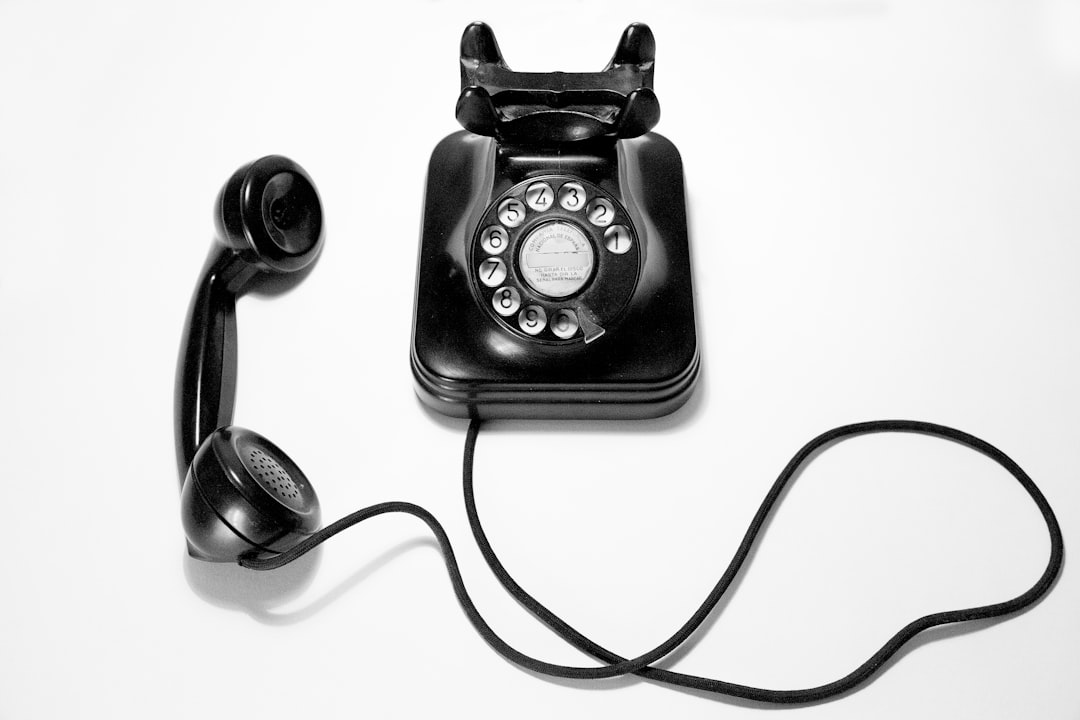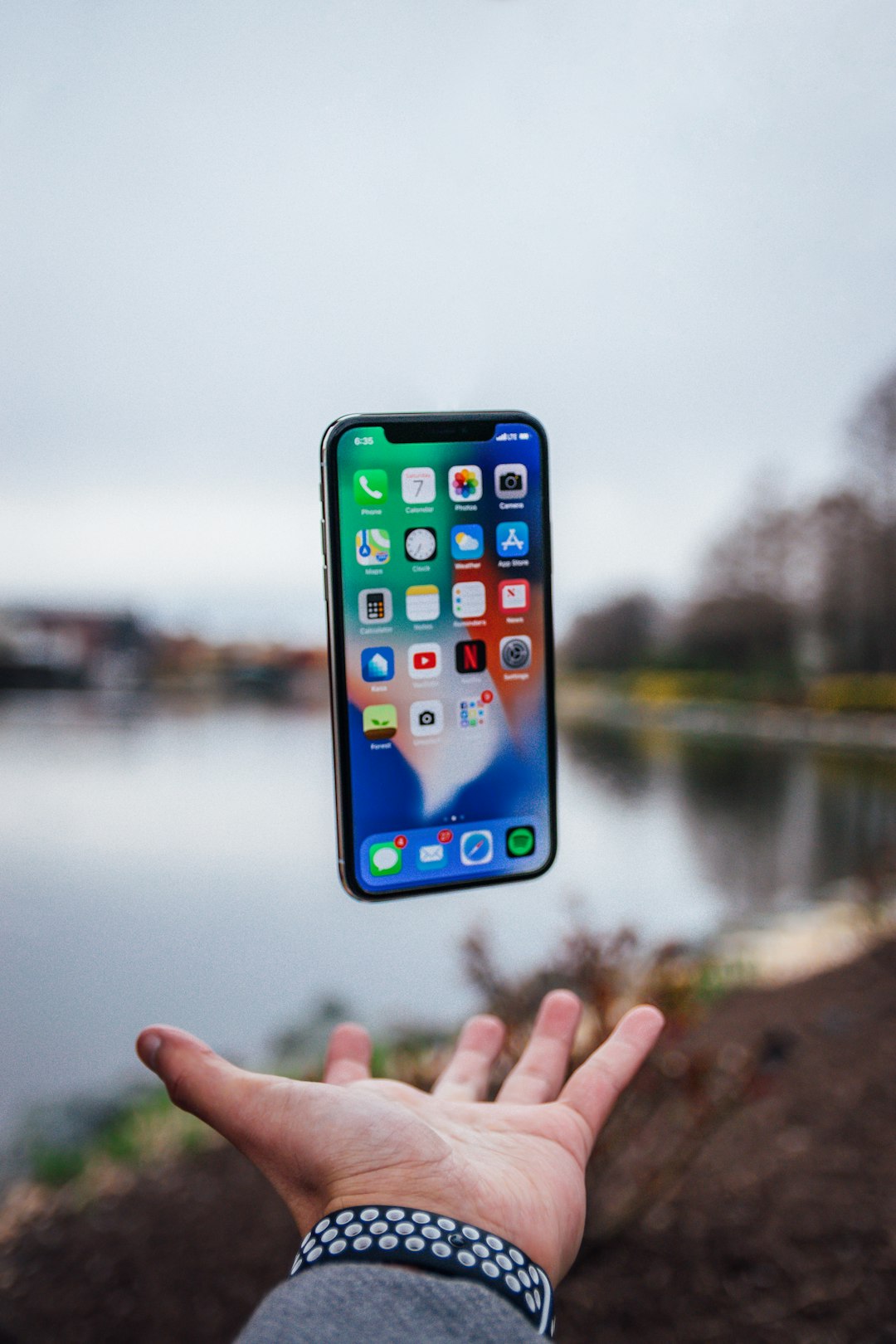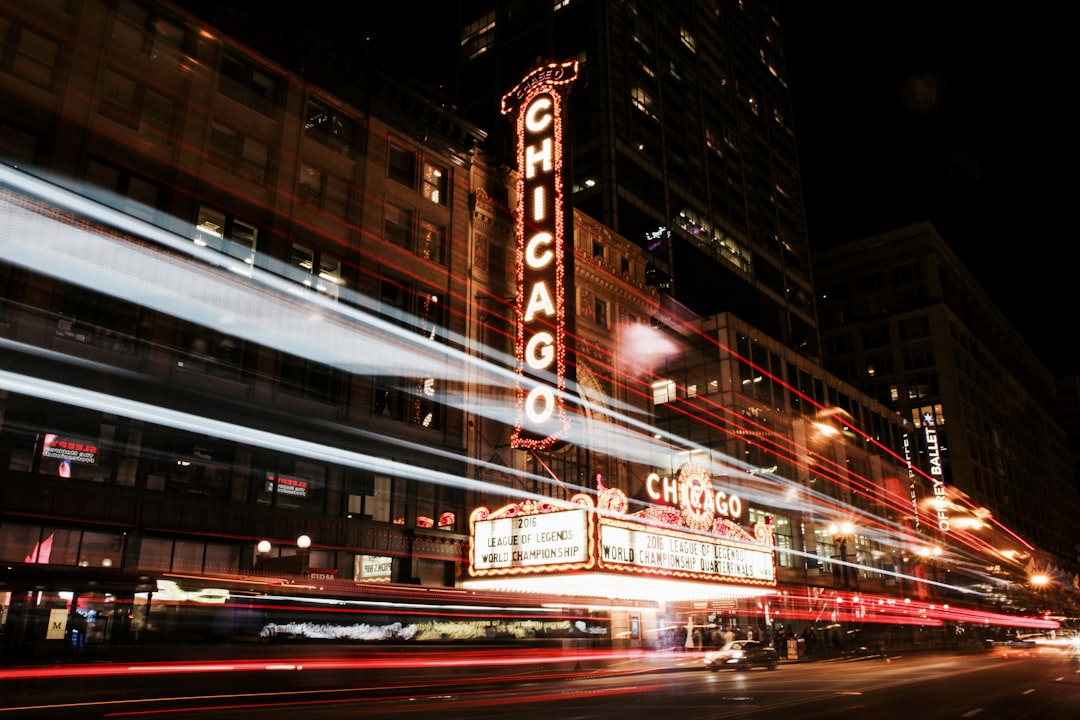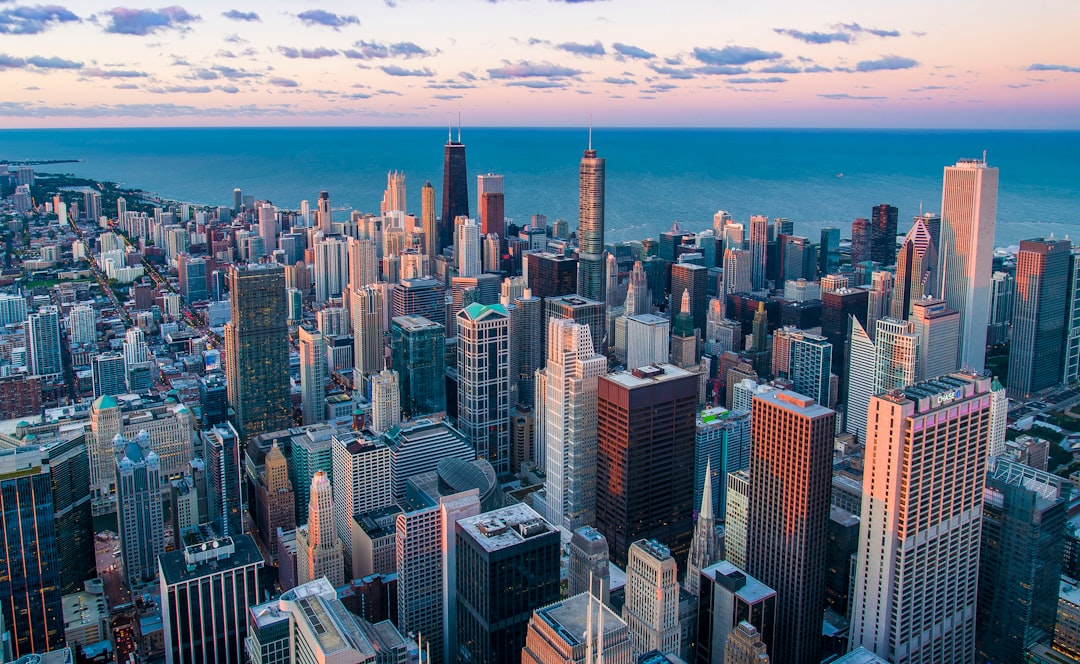Chicago's vibrant nonprofit sector leads the charge against spam calls through public education, workshops, events, and partnerships with local spam call law firms. These organizations simplify complex laws, empower residents with best practices for protection, and facilitate reporting mechanisms. By fostering digital safety and community empowerment, they create a safer communication environment in the city, where spam calls are prevalent, using their combined expertise in telecommunications regulations and community engagement.
Chicago’s vibrant nonprofit landscape is a testament to its residents’ commitment to community improvement. Among these organizations, several play pivotal roles in raising awareness about spam calls, educating the public, and advocating for regulatory change. This article explores the multifaceted impact of Chicago’s nonprofits in combating this pervasive issue. By partnering with local law firms, these groups are revolutionizing how spam call laws are enforced, creating a more informed and protected community. Discover how their efforts are transforming the fight against unwanted calls.
Chicago's Nonprofit Landscape: A Hub for Spam Call Awareness

Chicago boasts a vibrant and diverse nonprofit landscape, making it an ideal hub for spam call awareness campaigns. Numerous organizations in the city are dedicated to consumer protection, digital privacy, and public education – crucial aspects when tackling the persistent issue of spam calls. These groups often collaborate with local authorities and industry leaders, including Chicago’s renowned spam call law firms, to develop strategies that mitigate the impact of unwanted phone calls.
The city’s strong network of nonprofits brings together various expertise and resources, enabling comprehensive approaches to raising awareness. Through educational initiatives, community events, and targeted campaigns, they empower residents with knowledge about spam call laws and best practices for safeguarding personal information. This collaborative effort ensures a more effective response to the ever-evolving world of telemarketing tactics, ultimately fostering a safer digital environment for Chicagoans.
The Impact of Nonprofits on Educating the Public

Nonprofit organizations in Chicago play a pivotal role in educating the public about the growing issue of spam calls. With their extensive community reach and trustworthiness, these groups have become vital allies in the fight against unwanted telemarketing. By organizing workshops, seminars, and community events, they break down complex legal concepts surrounding spam call laws and provide practical tips to help residents protect themselves.
Through these educational initiatives, Chicago’s nonprofits empower individuals to take control of their phone lines, offering guidance on how to identify fraudulent calls, report them effectively, and even opt-out of certain marketing lists. Their efforts contribute significantly to raising awareness, fostering a more informed citizenry, and ultimately leading to a safer and less cluttered communication environment for everyone, especially in a bustling city like Chicago where spam calls can be particularly pervasive.
Partnering with Law Firms: Combating Spam Calls Effectively

Chicago’s nonprofits play a pivotal role in raising awareness about spam calls, often collaborating with local law firms to combat this growing issue. These partnerships prove effective due to the combined expertise and resources brought to the table. Law firms, with their deep understanding of telecommunications regulations and legal frameworks, offer valuable insights into identifying and prosecuting spammers. Nonprofits, on the other hand, bring extensive knowledge of community engagement and education strategies.
By joining forces, they can design comprehensive campaigns that educate residents about spam call prevention, inform them of their rights, and provide clear channels for reporting suspected spam activities. This collaborative approach not only helps in curbing the influx of unwanted calls but also fosters a stronger sense of community awareness and empowerment against such deceptive practices, making Chicago a safer digital space.






